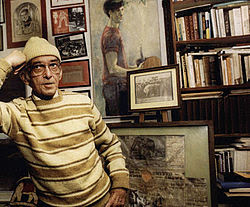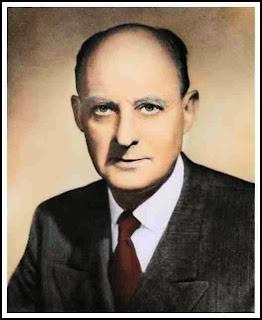So What Difference Does Theology Make for Ethics, Really?

My non-stipendiary contract with DET stipulates that I publish every Thursday, so I wrote a post for this week. This is not that post. The other post, frankly, was boring and not quite clicking. So you can read it next week, instead. By way of substitution, I'd like to offer some musings on a topic that has exercised me considerably over the past several years: To wit, Do theological beliefs really have any decisive role whatsoever in determining ethical decision making? I have been writing posts around this topic pretty much solidly since I started blogging here regularly a year ago, but to be honest, I'm not sure I've made that much progress in answering that basic question. The problem rears its head again and again with a rising, sometimes almost plaintive urgency in many blog posts and articles I've read in recent months. An increasingly common genre is the type of article that ponders whether an atheist can be an actually morally decent person, or the perenni...

